New academic integrity policy seeks to combat student cheating
By Web Content Managing Editor Katie Jenkins
The academic integrity policy was updated to further define and combat inappropriate collaboration, plagiarism and other common forms of cheating, according to Principal Kevin Pobst.
A committee, which consisted of representatives from NNHS and Naperville Central, purposely designed the code to serve as a flexible guideline left to teacher discretion, Pobst said. Policy revisions began in the spring of 2010, and students should expect more to come.
“On a fairly regular basis, we have episodes of individual or group cheating that we have to deal with. The intention is for everything to be open and transparent, so that teachers are open and transparent about the rules and expectations,” Pobst said. “Students should also be open and transparent about how they do their work.”
Pobst said phase two will begin this year with an investigation to determine why students cheat. According to an anonymous survey given during the 2010-2011 school year, 72 percent of NNHS and NCHS staff members called cheating a serious issue within District 203. To reduce the incentive to cheat, administrators may tweak some of the procedures teachers follow.
“We need to organize a follow-up study to see if there are ways that as adults in the building we could reduce the likelihood that students make the choice to cheat,” Pobst said. “If we are doing things that make it more likely for a student to choose to cheat, then we need to consider how to change those adult behaviors. None of this should be interpreted as an excuse [to cheat] though.”
Pobst said the updated policy is not linked to Central’s cheating scandal. The code has been in the works for the past three years; the timing of the two events is simply coincidental.
IMSA and New Trier’s academic integrity policy provided the foundation for the one District 203 drafted. Teachers, parent groups, and students also helped the committee create and revise the original code. NNHS student government reviewed the policy at least three times.
Students must ask for direct approval if they wish to collaborate or consult unauthorized sources. A failure to do so could result in one of consequences detailed on pages 152 and 153 in the student handbook. The severity of punishment corresponds to one of the three levels listed.
Many students remain skeptical of the new policy. Junior Melanie Bussan finds herself caught in the middle.
“I understand why there’s a need to have an academic integrity policy. I think it’s important to limit cheating at Naperville North,” Bussan said. “I just feel like the way the policy approaches it limits some of our abilities while working projects, doing homework, or participating in many other academic activities.”
Humanities teacher Ryan Hantak also believes that the new policy may change the way students go about their work.
“In my opinion, students are so used to using the Internet and working with other students, so it [the policy] might be different for them. It’s a totally different academic world now,” Hantak said. “I think that our school is trying to do better job of making sure that students don’t take the shortcuts.”

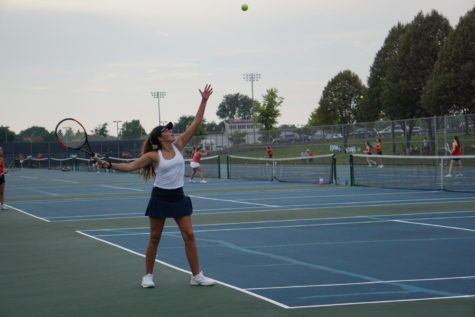
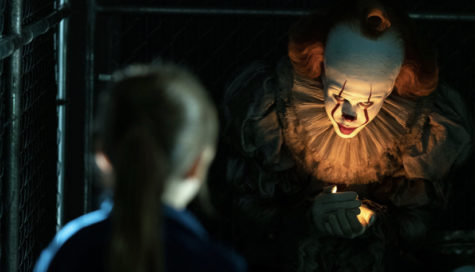
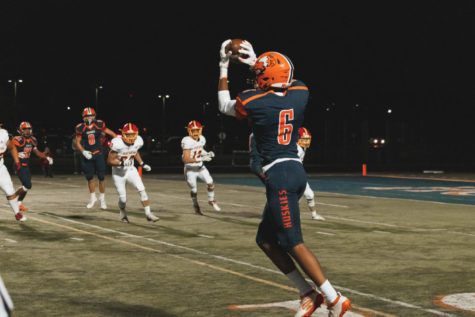
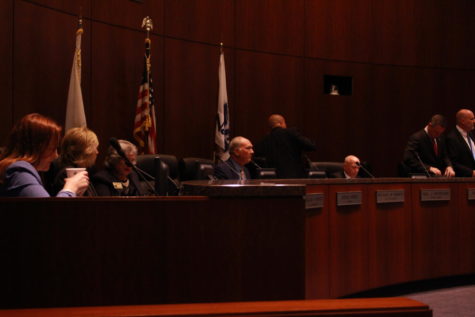
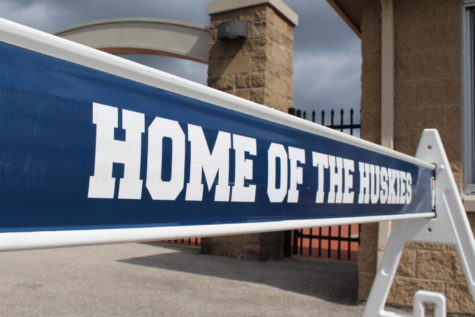

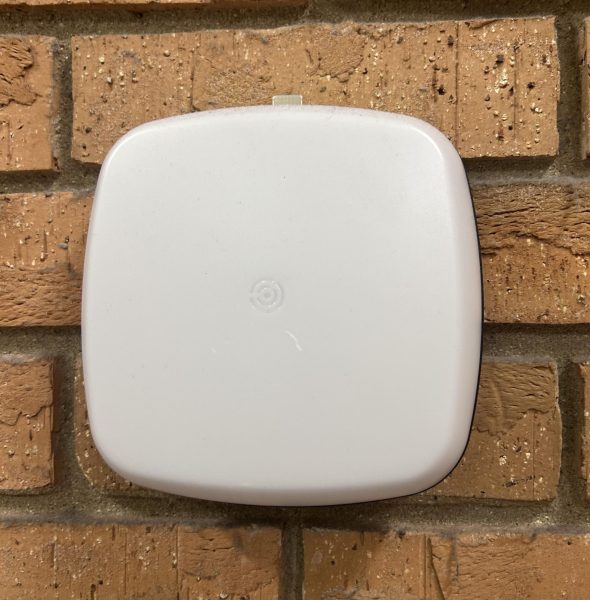
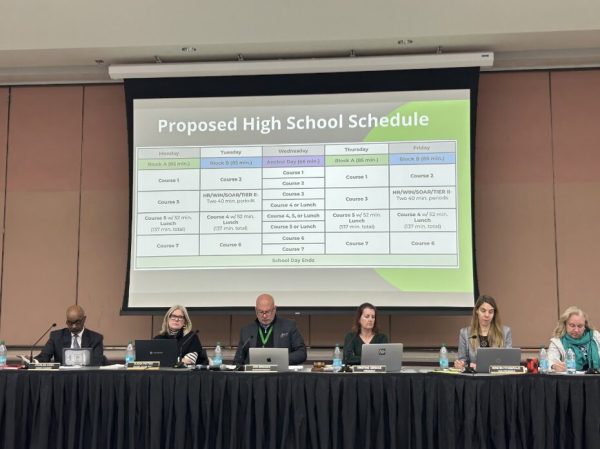


Pam Watts • Sep 15, 2013 at 8:06 pm
Katie,
Excellent article. Academic cheating/plagiarism is an ongoing issue and it’s important that every school continue to revisit and revise their academic integrity policy in accordance not only with other high schools but with colleges and universities. I like that North High School involves several stakeholders in the renewal process, especially the student government. Your article is timely with the start of school.
Larry Zimpleman • Aug 31, 2013 at 1:19 pm
Katie has done an excellent job of writing about an important (but challenging) topic–academic integrity. The way that “learning” takes place has changed dramatically in only one generation thanks to the internet and new learning styles. At the end of the day, I think it will be very difficult for any academic integrity policy to effectively capture all of the situations that occur today. The most effective approach will be to simply publicize the policy with appropriate examples so that students and teachers can use the examples to further their own thinking about this important subject.
Kathleen Zimpleman • Aug 31, 2013 at 1:03 pm
This is a very interesting article; very well written. The academic landscape in schools across the country has changed. High school students now have the opportunity to reach out in real time and get information from across the globe. What we consider cheating in this country is called collaboration in other countries. I applaud the staff and student body for having this conversation about cheating.